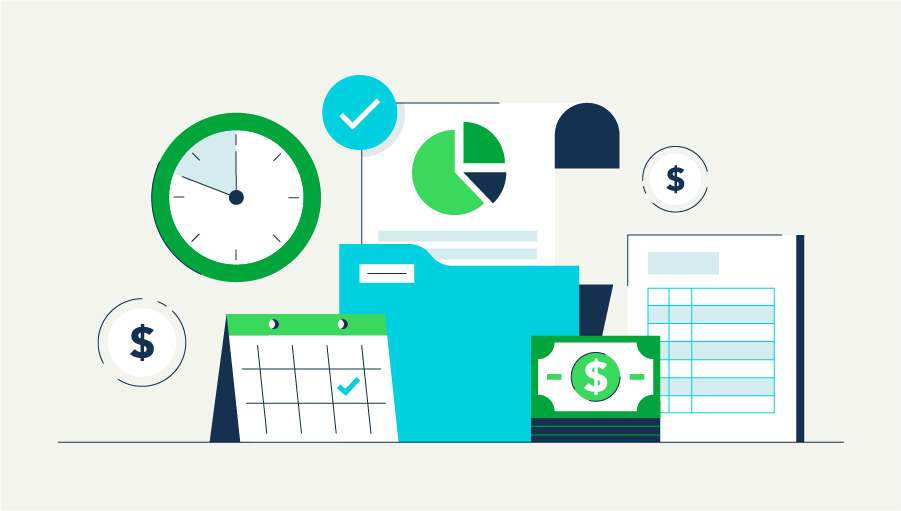Step 1: Review your income
Start by calculating how much money you actually bring in each month.
This includes:
- Paychecks after taxes
- Freelance or side hustle income
- Rental or investment income
- Any recurring financial support or benefits
Make sure you’re working with net income (what hits your bank account), not gross pay. If your income fluctuates, use the average of the past 3–6 months, or the lowest month to stay on the safe side.
Step 2: Track and categorize your expenses
Look at your recent bank or credit card statements and list out every expense. Group them into categories to get a clear picture of where your money goes.
Common budget categories:
- Housing (rent/mortgage, utilities)
- Transportation (gas, car payments, insurance)
- Food (groceries, dining out)
- Subscriptions and entertainment
- Debt payments
- Savings contributions
Use a spreadsheet, budgeting app, or printable worksheet to organize your expenses and make updates over time.
Step 3: Set financial goals and priorities
Now that you understand your income and expenses, set some short- and long-term goals. These could include:
- Building an emergency fund
- Paying off credit card debt
- Saving for a home or car
- Starting a college fund
- Growing your retirement savings
Once you’ve set your priorities, treat those savings or debt payments like fixed expenses in your budget—they’re just as important as rent or groceries.
Step 4: Adjust for variable costs
Not every expense is predictable. You might spend more on utilities in the summer, or have occasional car repairs or medical bills. Leave some wiggle room for variable or seasonal costs so you’re not caught off guard.
Variable costs are expenses that change from month to month based on usage, activity, or unexpected events, making them harder to predict than fixed costs.
And for truly flexible expenses—like entertainment or dining out—set reasonable limits you can stick to each month without cutting the fun out entirely.
Step 5: Compare income to spending and balance your budget
Now it’s time to put it all together. Subtract your total monthly expenses (including savings and debt payments) from your total monthly income:
- If you have money left over, consider putting more toward savings or debt reduction.
- If you’re in the red, look at your variable expenses first—these are the easiest areas to trim.
The goal is to balance your budget so every dollar has a purpose. That way, you can spend with confidence knowing your essentials are covered and your goals are in motion.

















